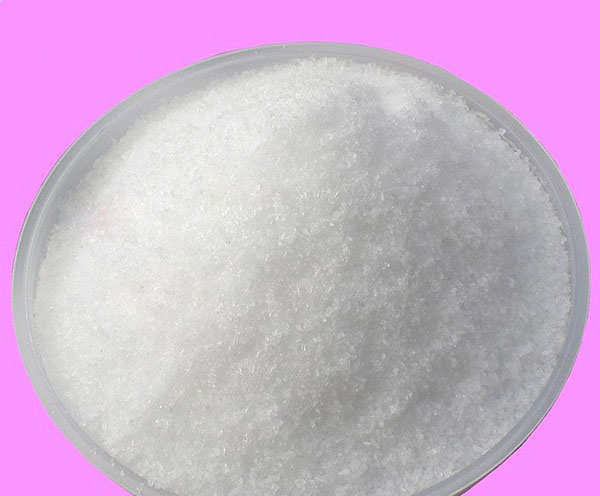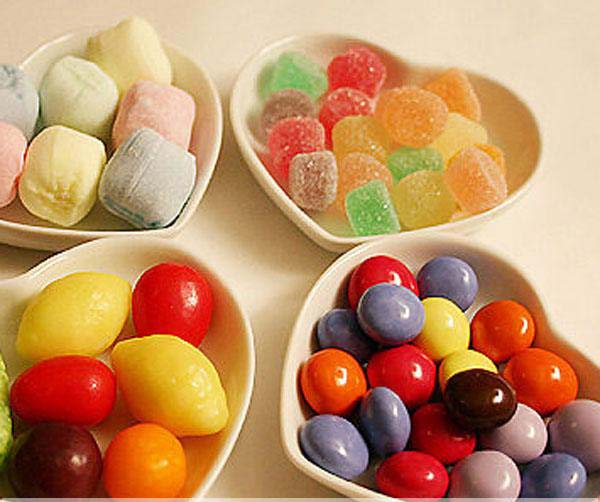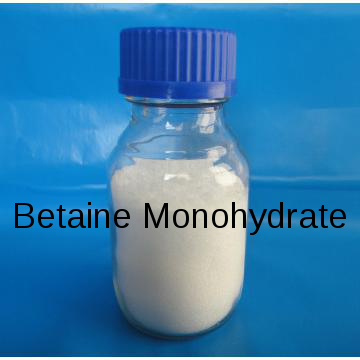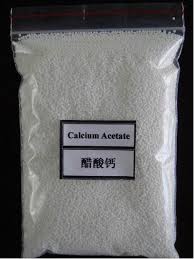Disodium Pyrophosphate is a popular leavening agent in baking powders, available as white powder. It’s widely used as food buffering and chelating agent in food processing for its ability to make baked food crisp.
Is Disodium Pyrophosphate gluten free?
Yes. Disodium Pyrophosphate is gluten free and widely used in gluten free food to provide better texture and taste to biscuit, bread and other baked food.
Why is Disodium Pyrophosphate gluten free?
To answer this question, we need to clarify another question: what is gluten. Gluten is protein composite found in wheat and related grains, including barley and rye. (Wikipedia) First, gluten is a protein. Second, gluten is mainly found in wheat and related grains. As we mentioned before, Disodium Pyrophosphateis a phosphate salt which is significantly different from protein. Raw materials used in manufacturing of Disodium Pyrophosphate are Monosodium Phosphate; Disodium Pyrophosphate barely includes gluten impurity. So, Disodium Pyrophosphate is gluten free.
How is Disodium Pyrophosphate used in gluten free food?
Disodium Pyrophosphate is widely used in food processing to provide better texture and taste to biscuit, bread and other baked food. Disodium Pyrophosphate is also widely used in daily gluten free recipe, such as baking powder. Please follow professional instructions to decide the appropriate combination and dosage.
Why should you go Gluten free?
Celiac disease: Celiac disease is an autoimmune disease that attacks the small intestine due to the presence of gluten, for which a gluten-free diet is the only medically-accepted treatment. In 2009 research showed between 0.5 and 1.0 percent of people in the US and UK are sensitive to gluten due to celiac disease. So people with Celiac disease have to stick to gluten free diet to avoid unexpected side effect caused by consumption of gluten.
Non-celiac gluten sensitivity: Some people may be sensitive to gluten but do not have celiac disease and feel better on a diet with less gluten. However, there are no specific symptoms confirmed. Non-celiac gluten sensitivity also drives more people to gluten free diet when people believe that they feel better when eating gluten free.





